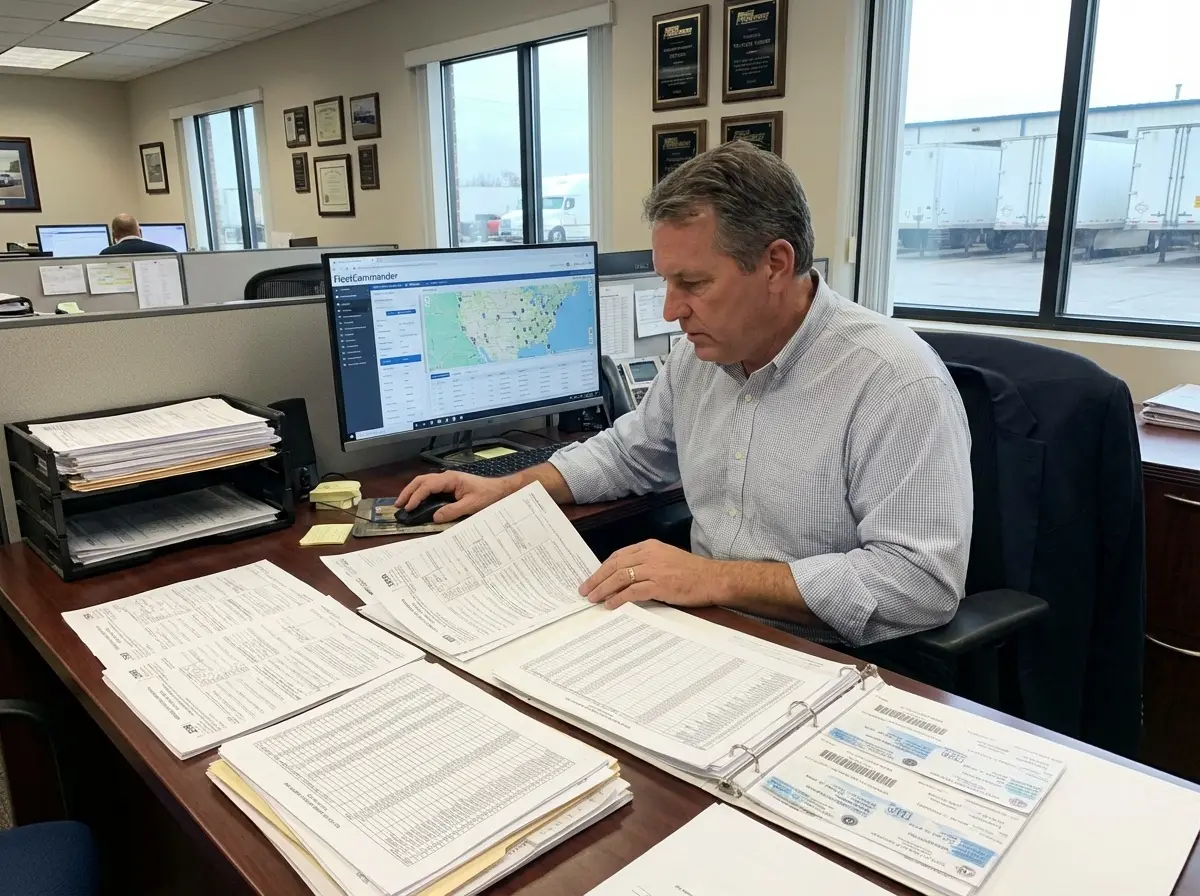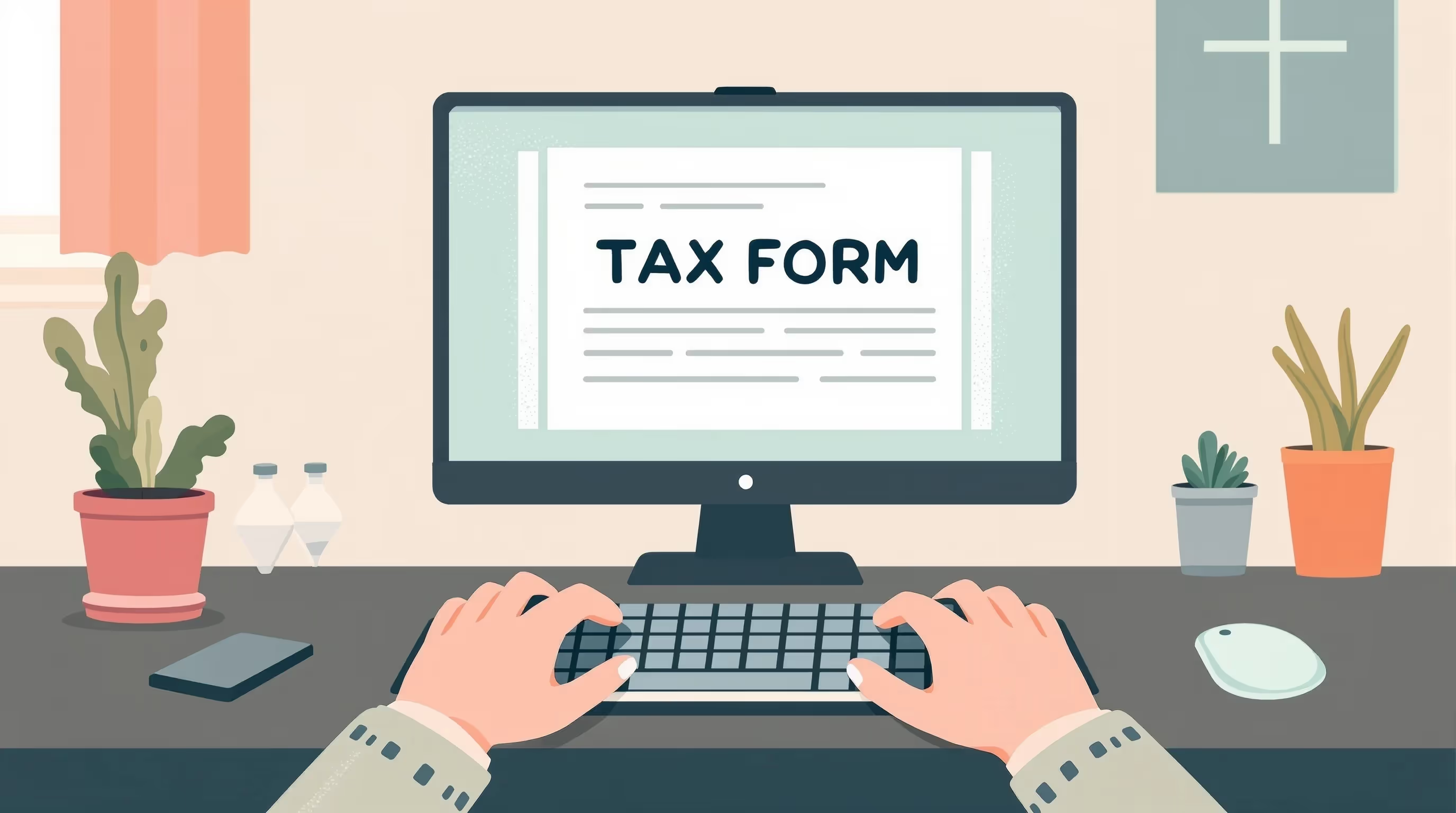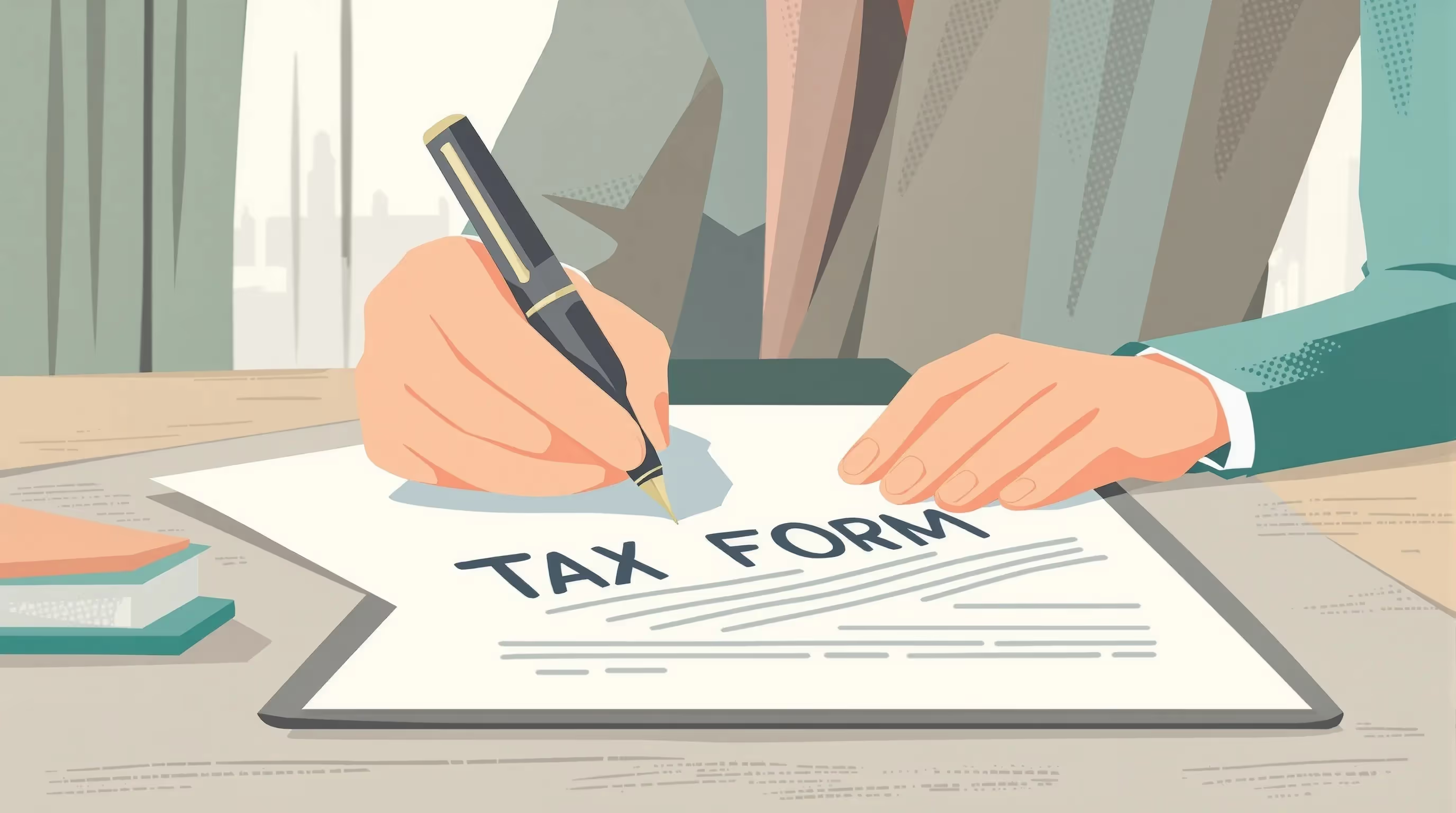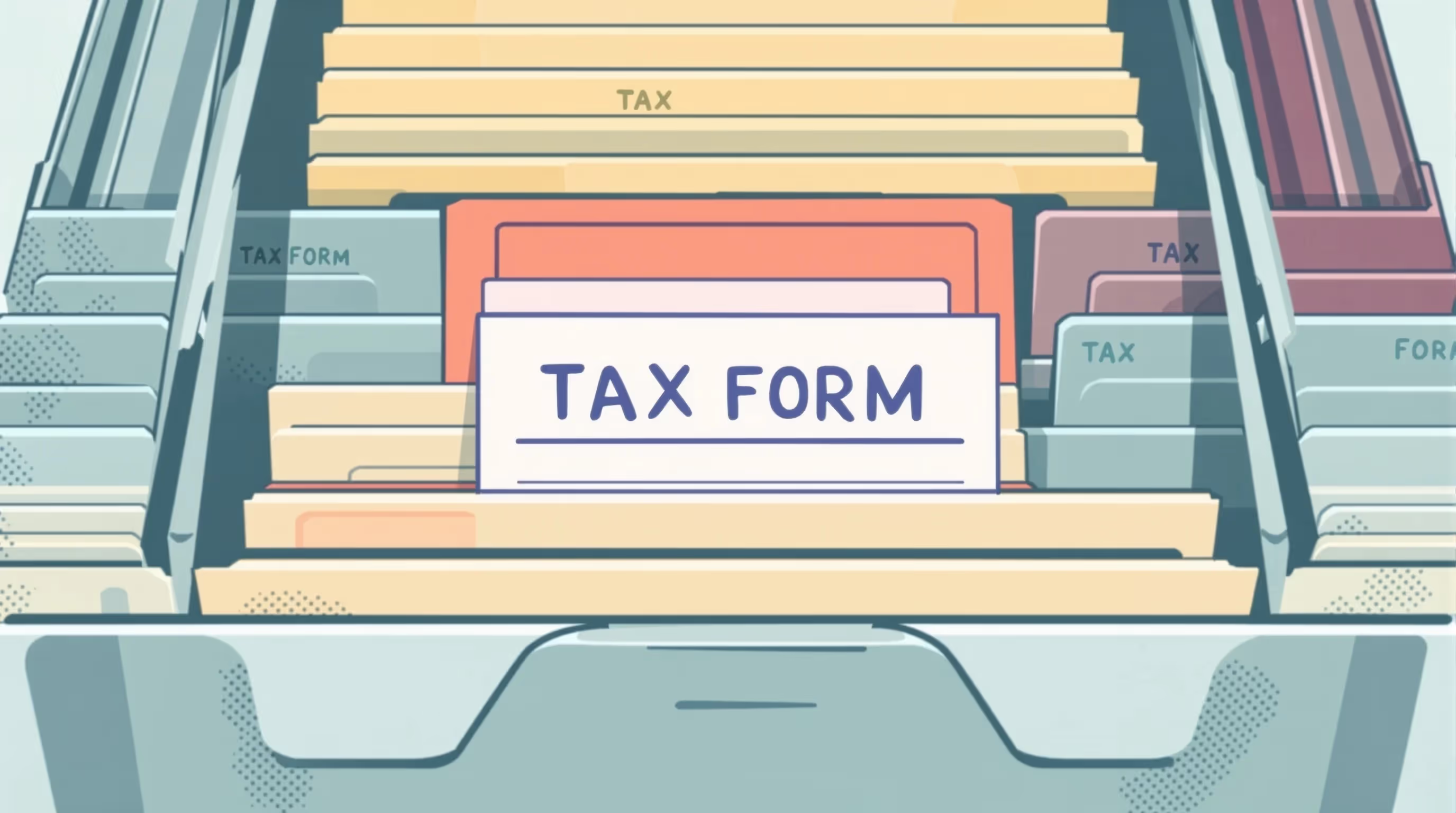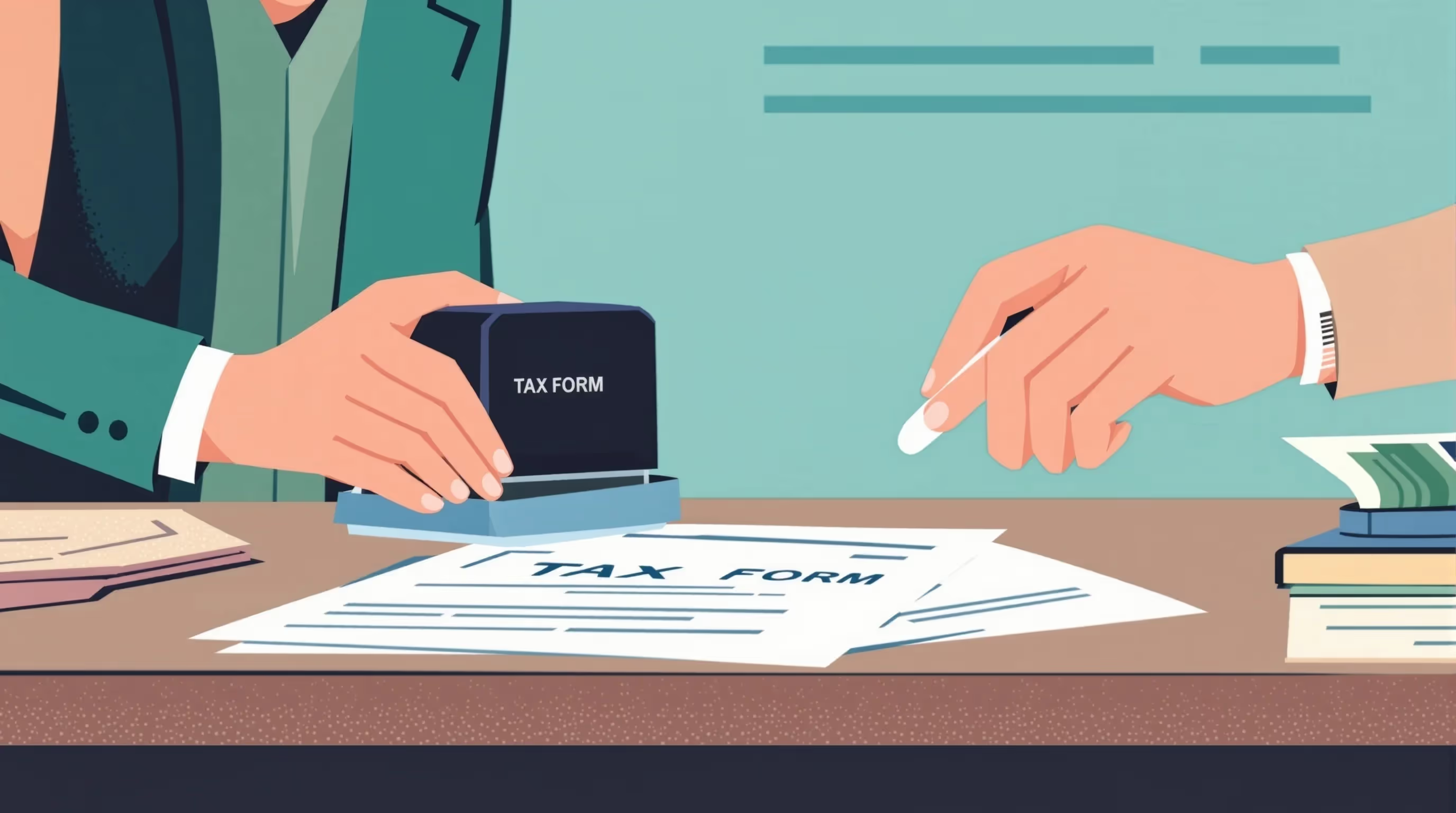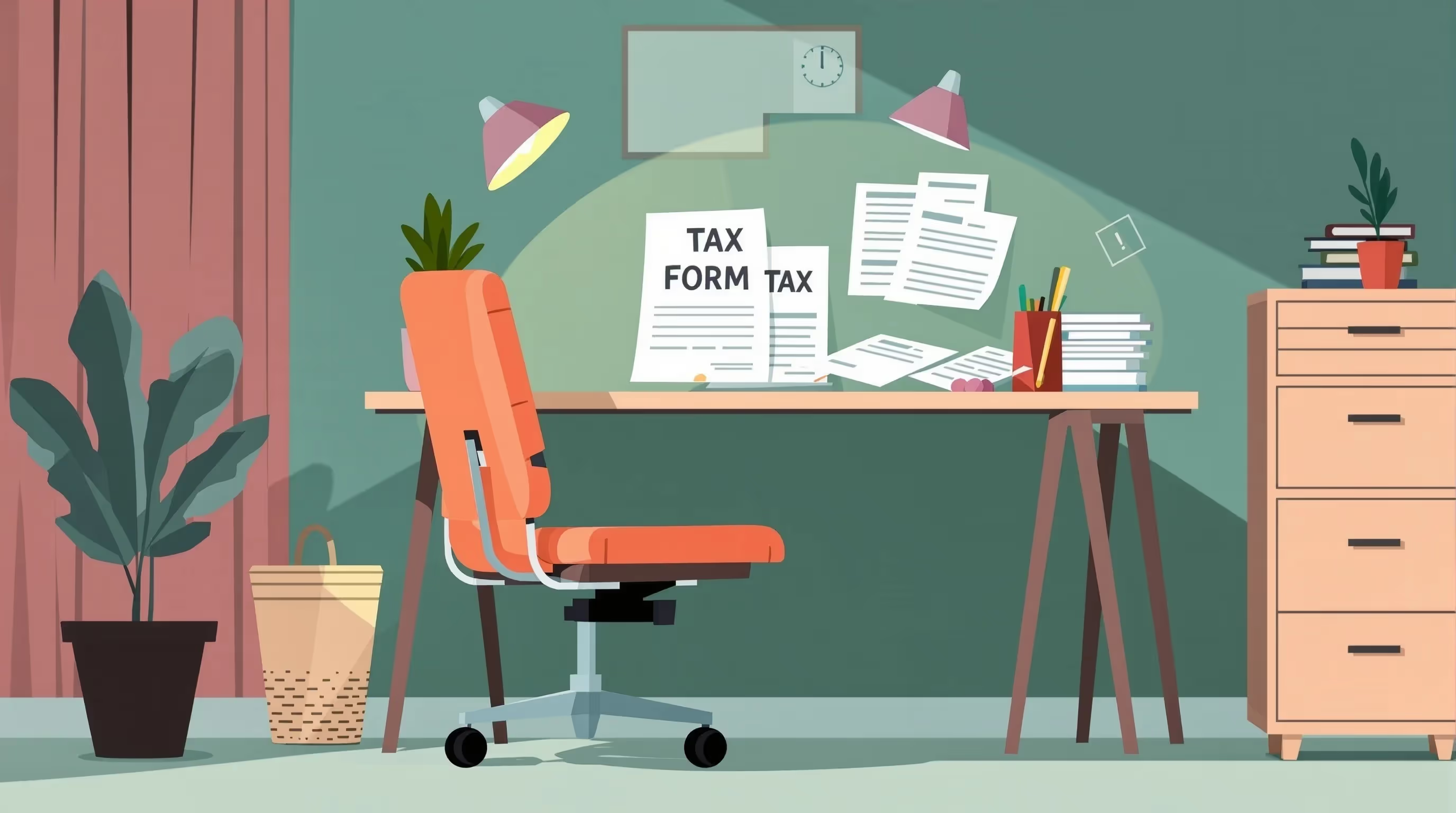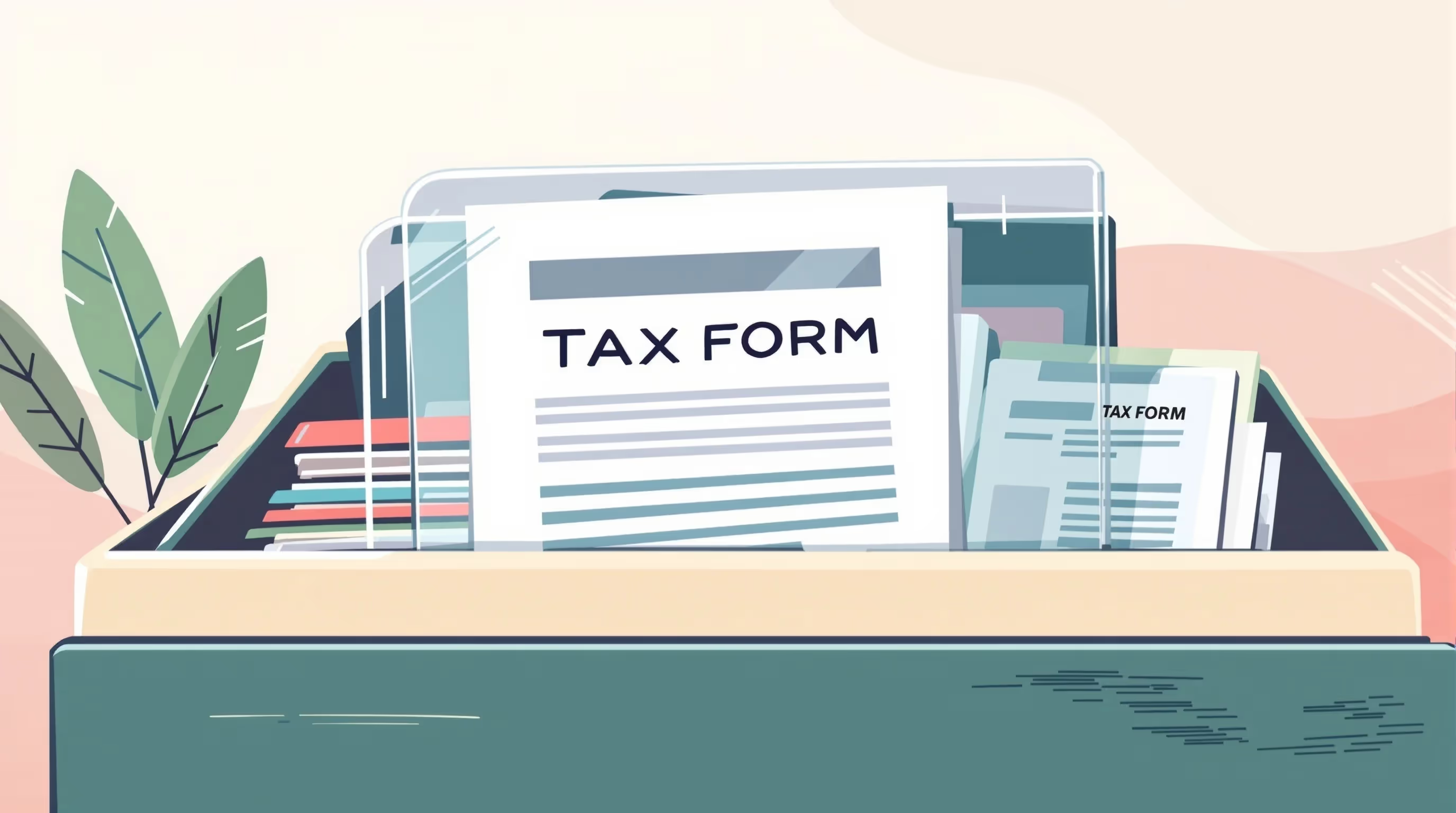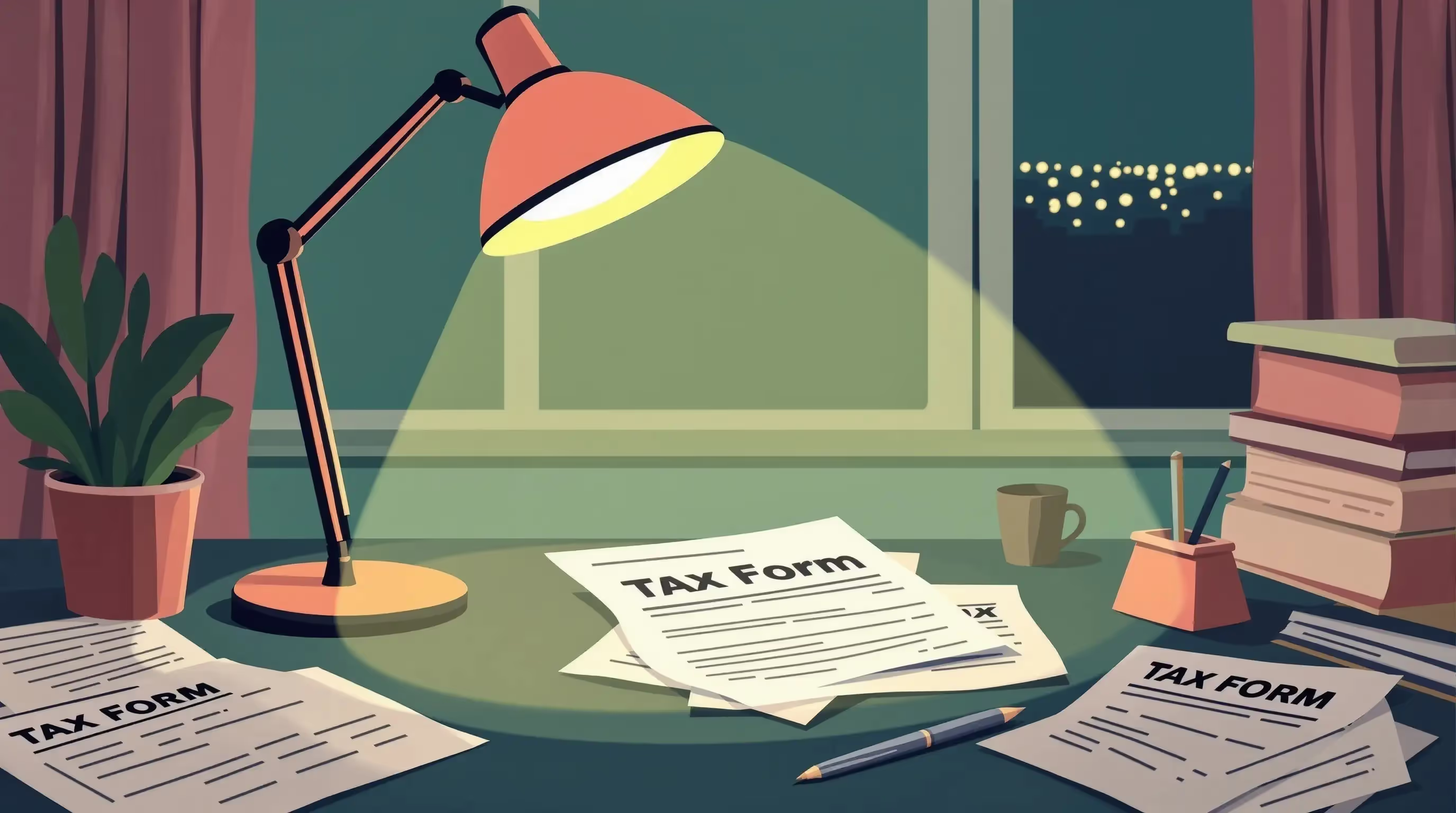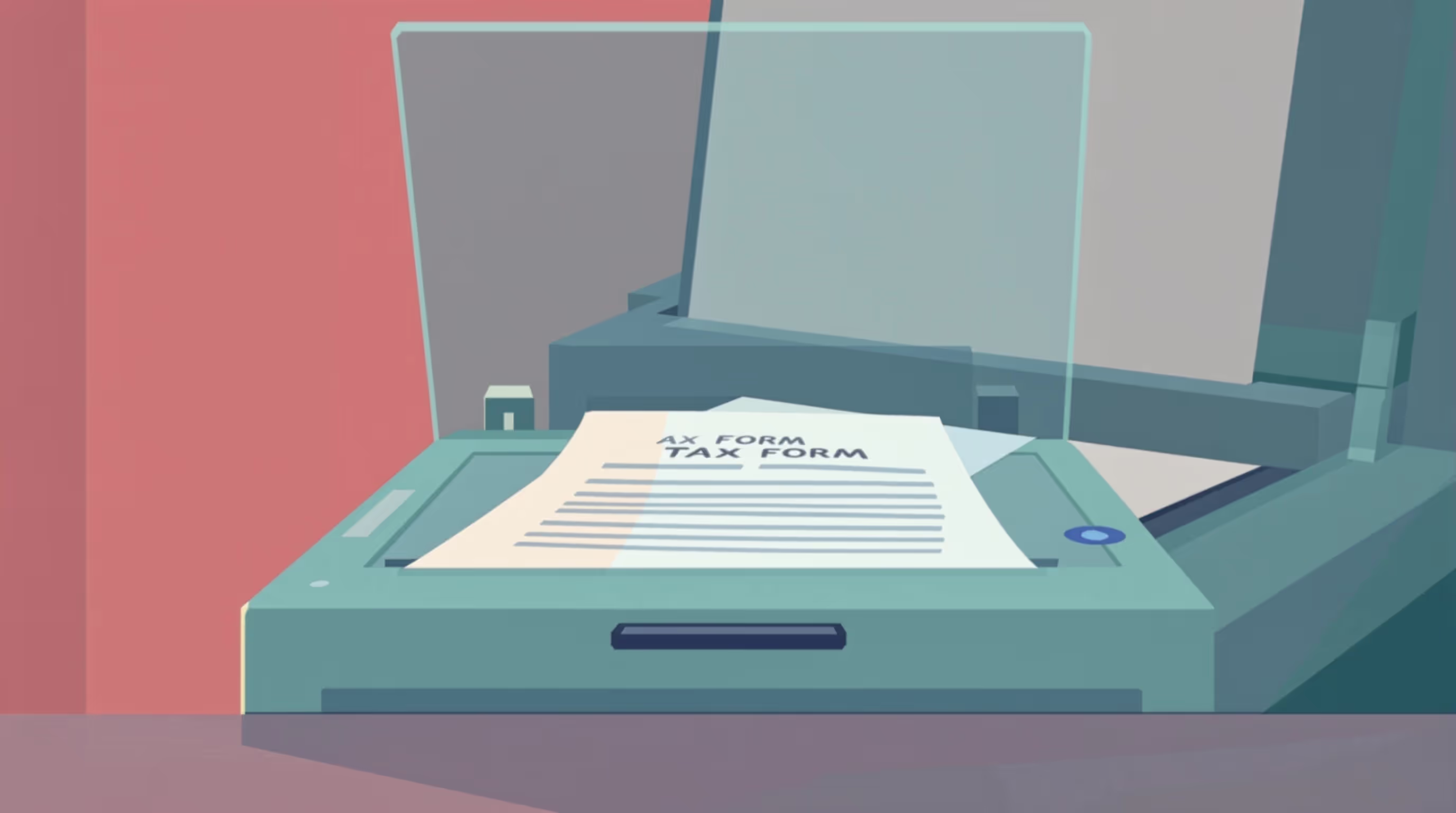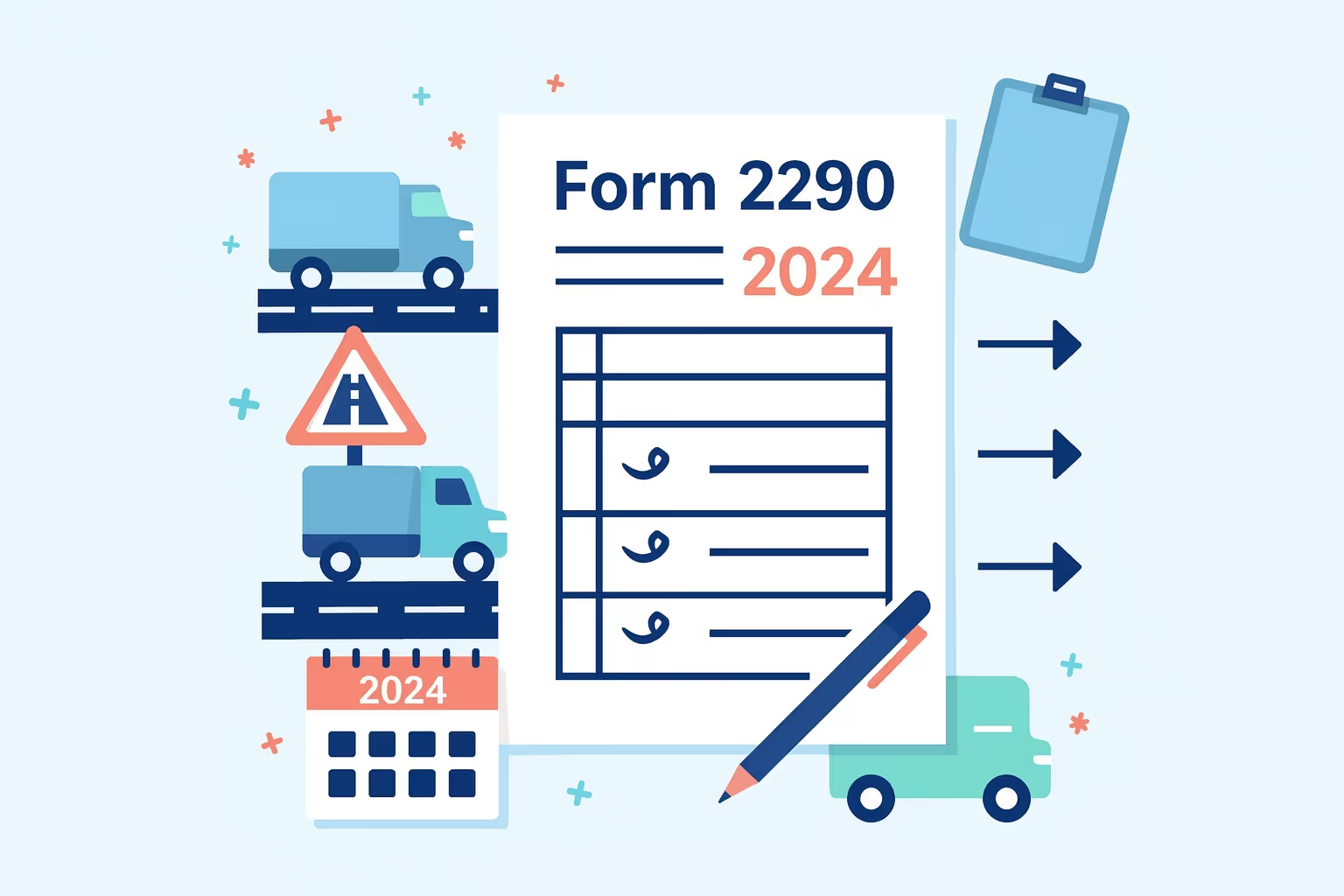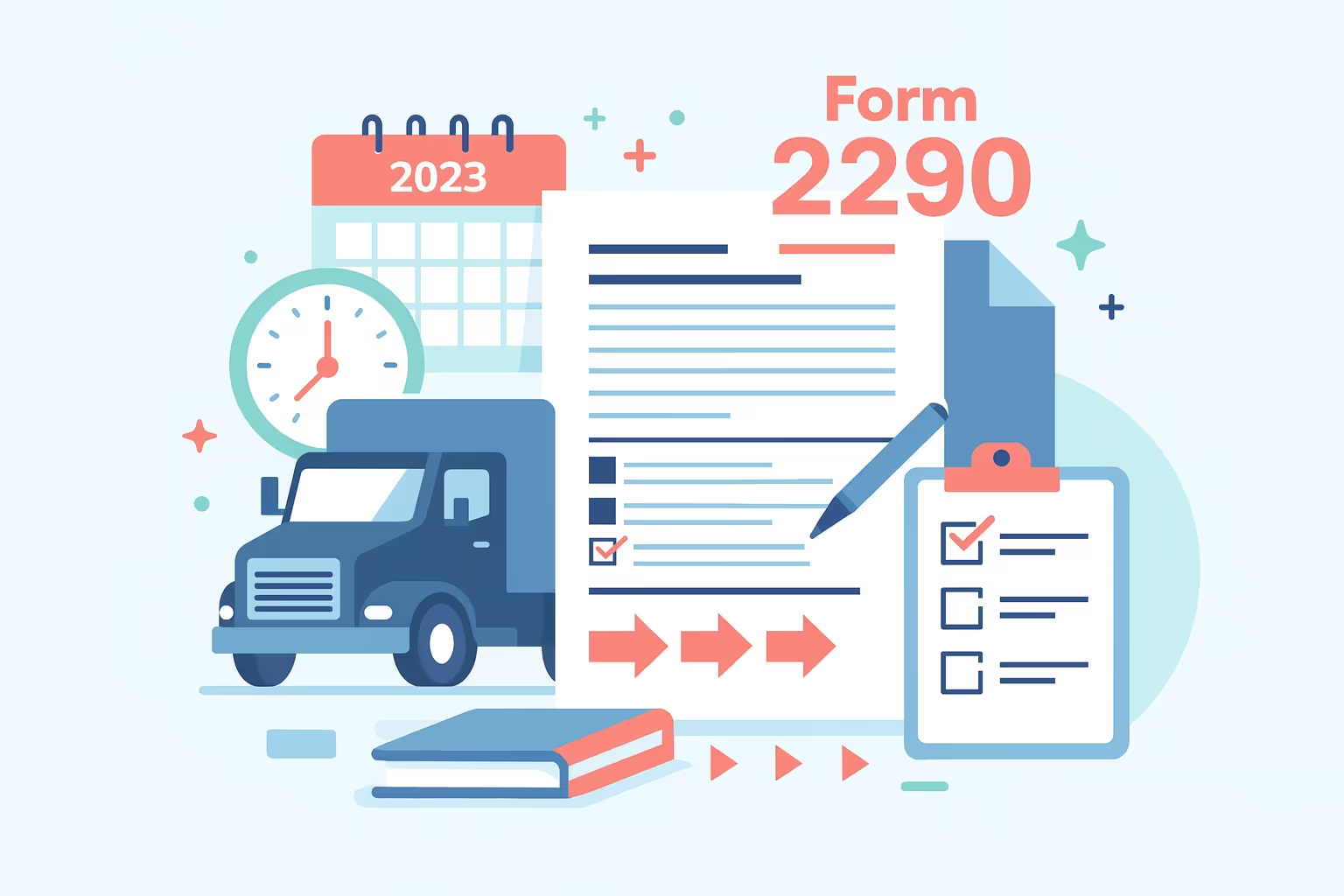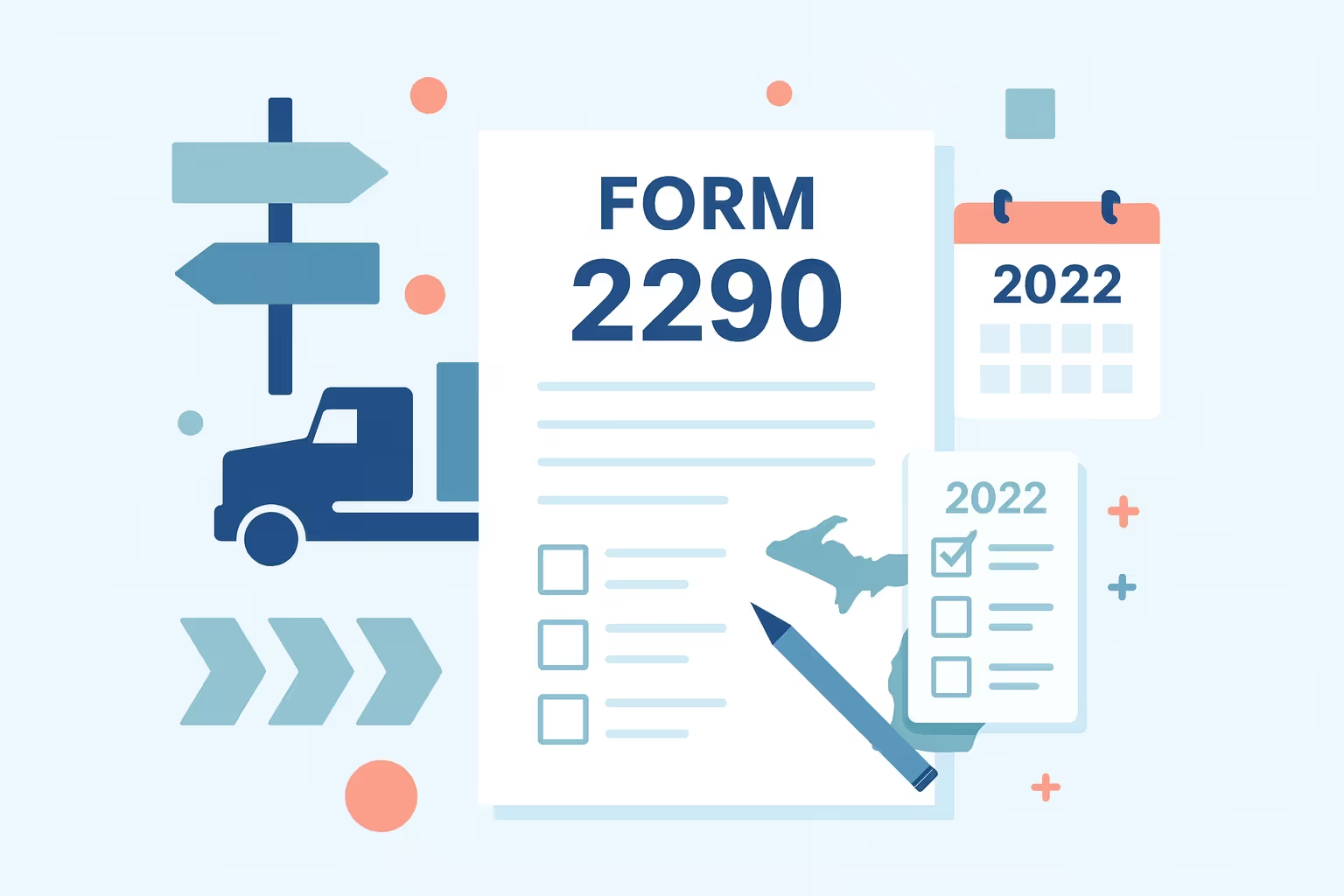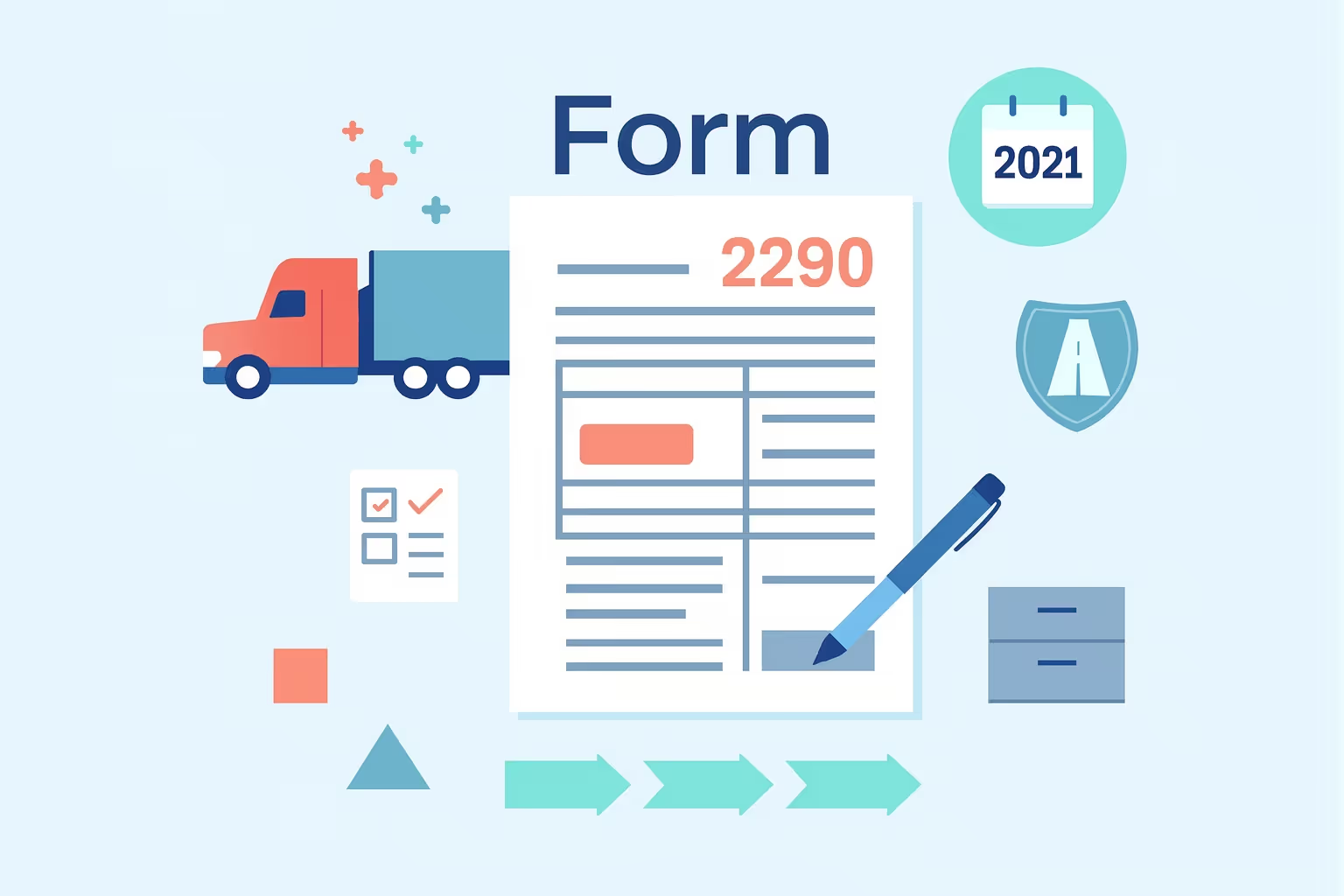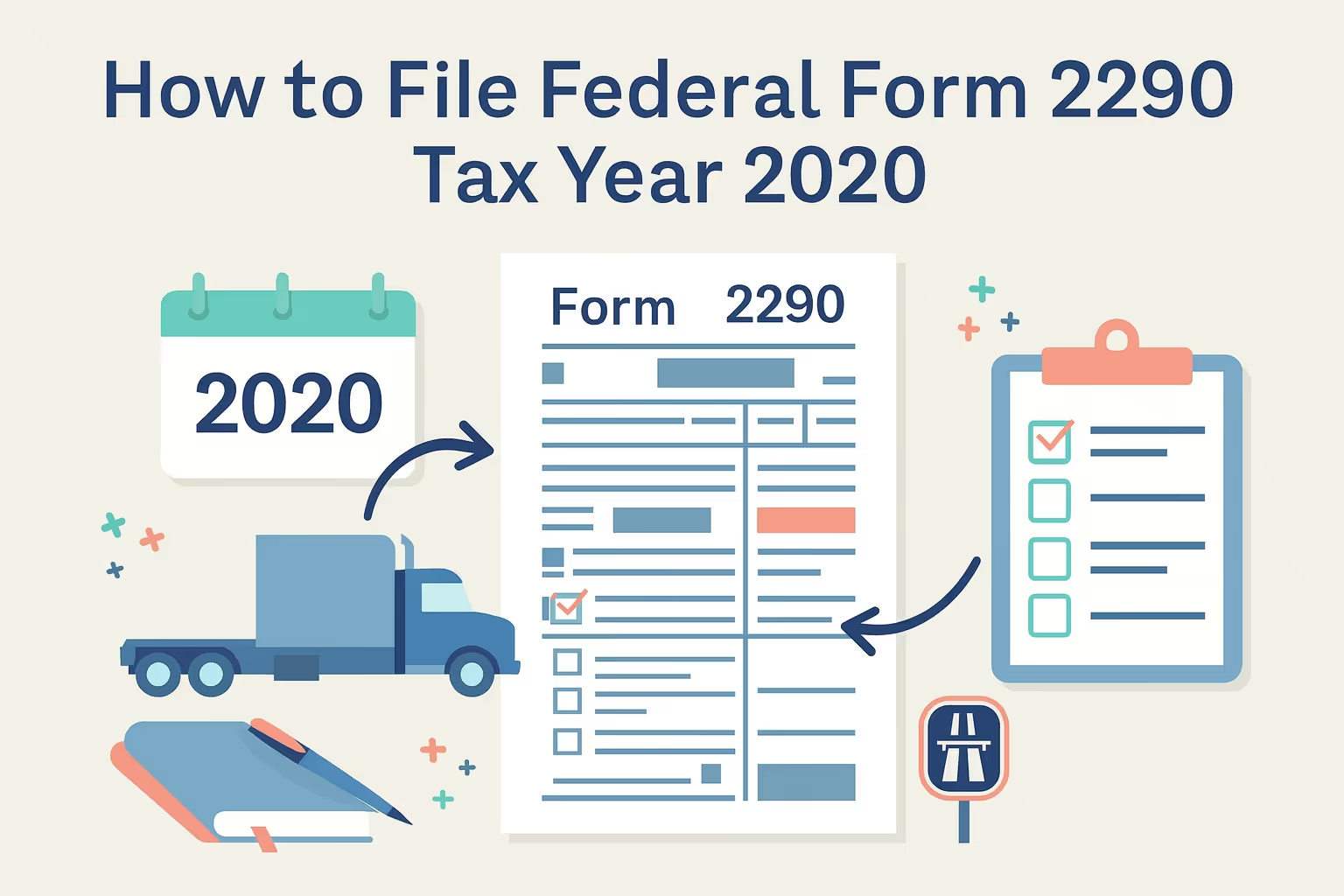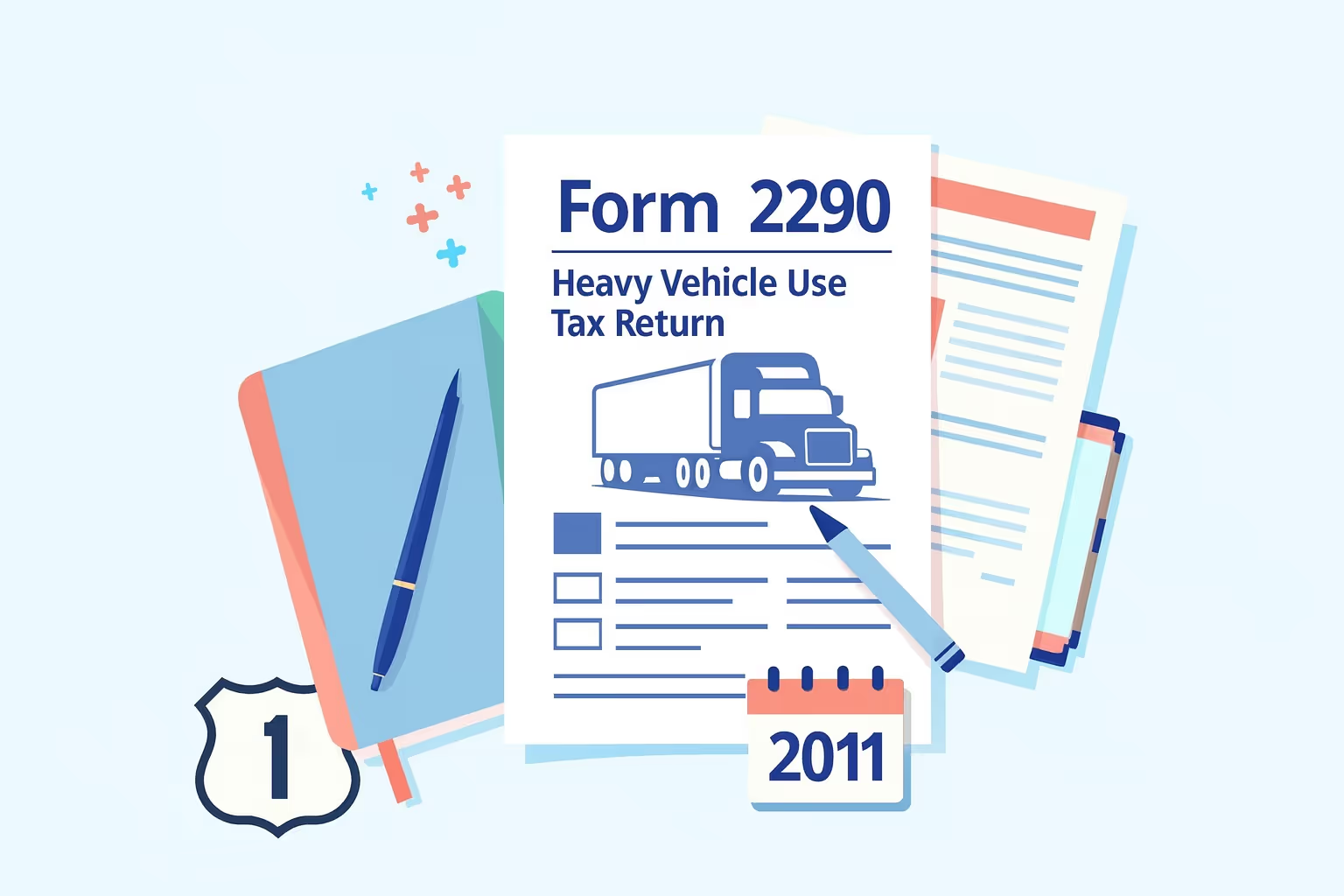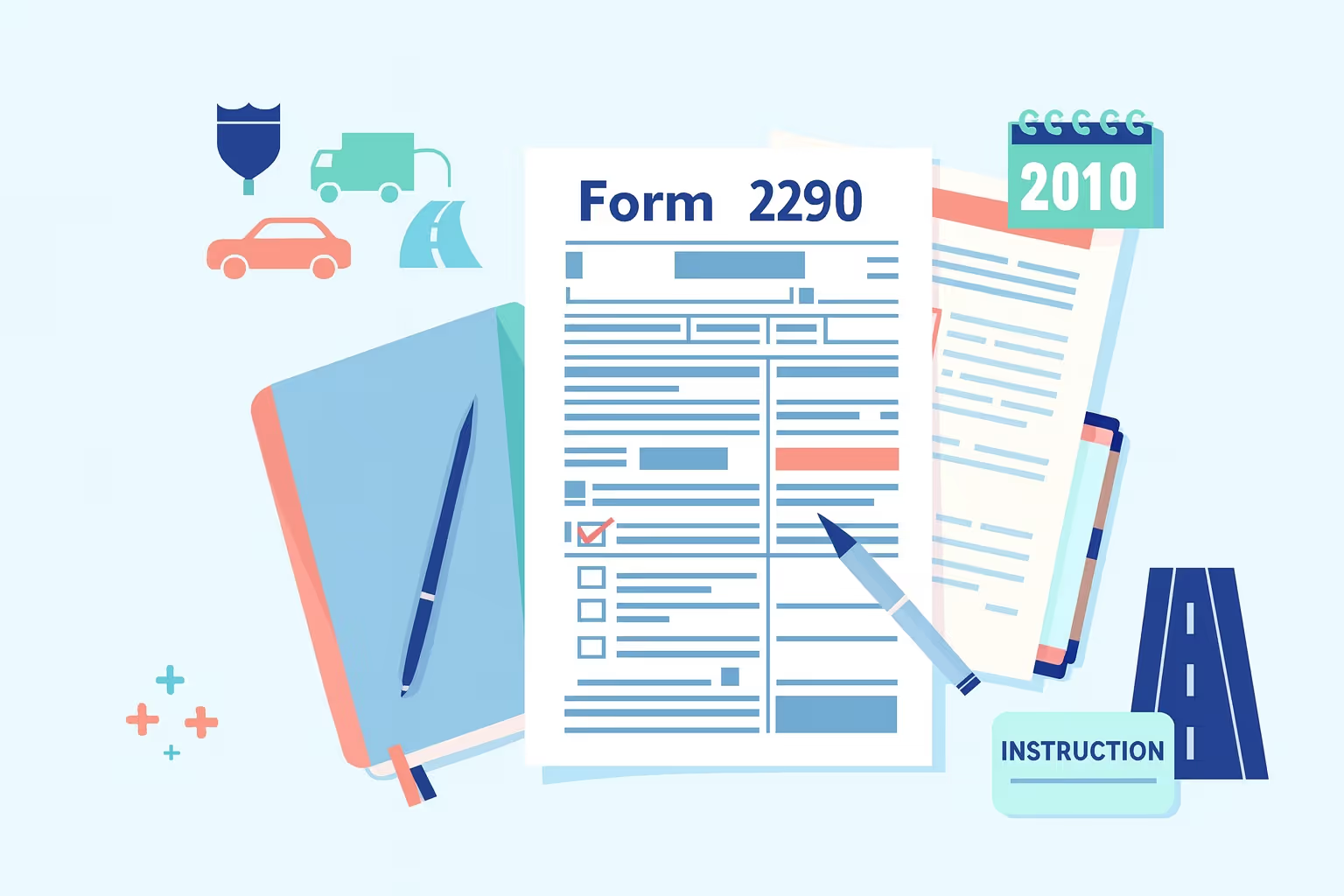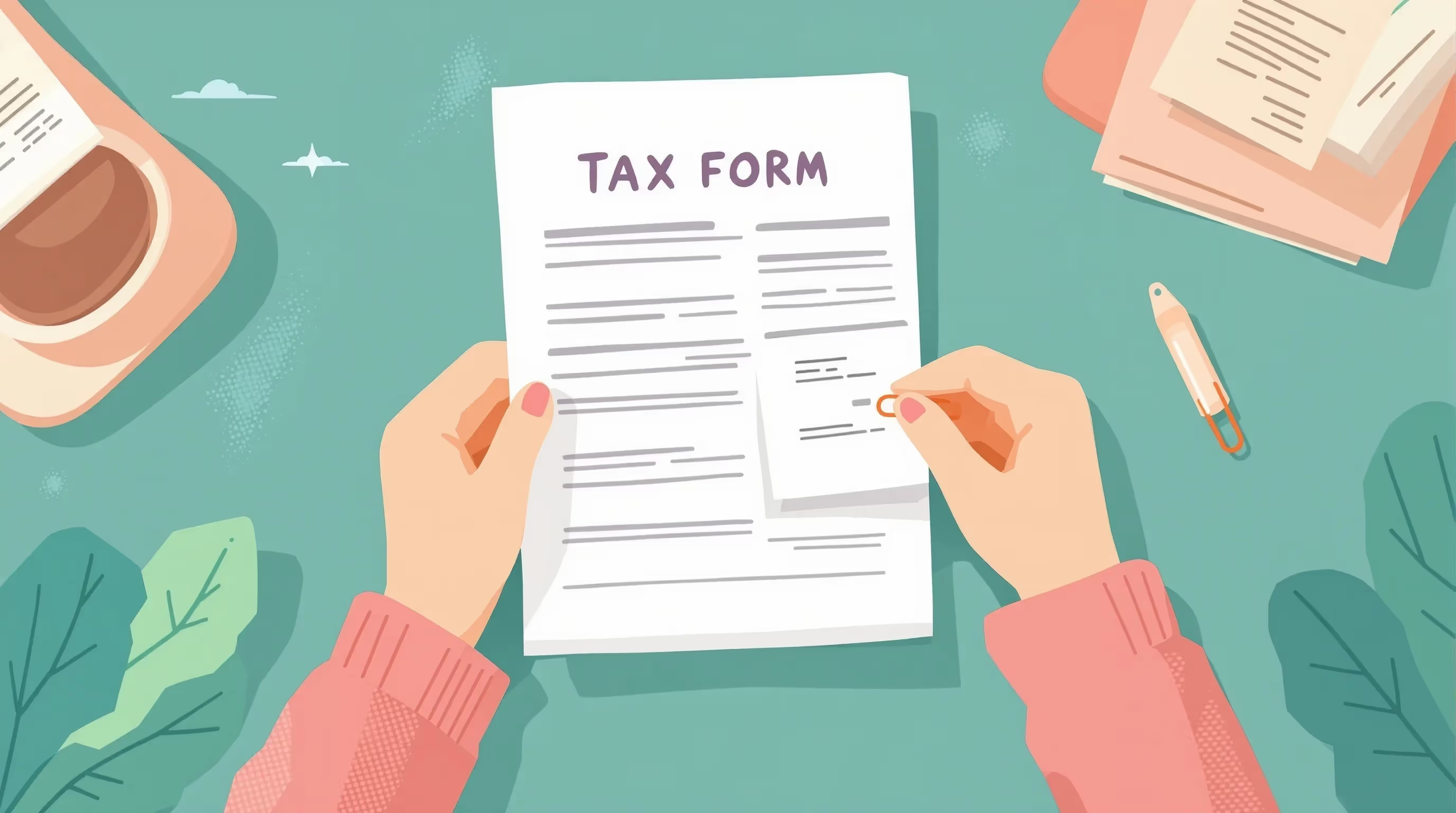
What IRS Form 2290 (2020) Is For
IRS Form 2290 (2020) serves as the Heavy Highway Vehicle Use Tax Return for qualifying vehicles that weigh 55,000 pounds or more and operate on public highways. The Internal Revenue Service uses the information to determine each taxpayer’s total liability for the Heavy Highway Vehicle Use Tax, also known as HVUT. Each taxpayer must file this form to maintain compliance with federal transportation tax regulations.
Each filing requires the vehicle identification number (VIN), which must match the information displayed on the label affixed to the vehicle. The vehicle manufacturer’s details, such as the build plant and production country, can be verified using NHTSA’s VIN Decoder. Accurate VIN data allows the IRS to identify specific information encoded in each number and confirm eligibility for registration.
When You’d Use Form 2290 for 2020
Taxpayers file Form 2290 for 2020 when they miss the original due date or discover incomplete reporting. The Internal Revenue Service generally requires a separate return for each tax period containing unreported vehicles or adjustments. Late filings often occur when a taxpayer realizes an outstanding balance or receives a notice regarding a prior-year return.
Amended filings apply when a taxable vehicle’s weight category increases, a suspended vehicle exceeds mileage limits, or a VIN correction becomes necessary. The taxpayer must prepare the updated form version with an explanation of the change and submit it to the IRS. Accurate information helps ensure consistent reporting across both federal and state registration systems.
Late or amended returns can also apply to vehicles manufactured after the original 2020 filing period. Penalties continue to accrue until the full tax amount is paid. Timely compliance supports lawful property operation and prevents further penalties.
Key Rules or Details for 2020
The 2020 filing period for IRS Form 2290 ran from July 1, 2020, through June 30, 2021. Taxpayers were required to file and pay the Heavy Highway Vehicle Use Tax by August 31, 2020. Filing within this timeline ensured proper credit and compliance with the Internal Revenue Service.
Filing and Payment Requirements
The IRS temporarily suspended credit and debit card payments between July and December 2020. During this period, taxpayers were required to pay through EFTPS, check, or money order. Each return had to use the 2020 form version and include the correct vehicle information.
Documentation Rules
All filings needed complete VIN data and a stamped Schedule 1 as proof of payment. Taxpayers could not divide a vehicle’s payment across separate filings. Accurate adherence to these requirements maintained proper registration and prevented adjustments.
Step-by-Step (High Level)
The filing process for Form 2290 requires precision and attention to detail. Each step ensures compliance with the Internal Revenue Service and prevents penalties or interest accumulation. Taxpayers should complete the process carefully to avoid unnecessary delays.
- Step 1: Gather all vehicle records, payment details, and the correct 2020 form revision before preparing the return.
- Step 2: Enter each vehicle’s data accurately and ensure that the VIN, weight, and taxable month correspond with registration records.
- Step 3: Verify the total tax due and confirm that all dependent vehicles have been included in the filing.
- Step 4: Submit the return, retain proof of acceptance, and review any notices received.
- Step 5: Recheck every calculation and confirm that the information is complete before mailing or e-filing.
Completing these steps thoroughly minimizes file penalty risks, reduces interest charges, and ensures that the return remains fully compliant.
Common Mistakes and How to Avoid Them
Taxpayers can prevent many filing errors with careful preparation and verification. Understanding how to avoid these issues ensures compliance and reduces delays in processing. The following are common mistakes and practical ways to prevent them during the 2020 Form 2290 filing.
- Using the wrong form year: Always use the correct form year to ensure the IRS accepts the filing without adjustment.
- Incorrect vehicle data: Double-check all vehicle details to confirm the full tax amount is calculated correctly.
- Missing payment documentation: Include proof of payment to avoid duplicate charges or missed credits.
- Unverified calculations: Review all figures carefully before submission to ensure accuracy.
- Disorganized records: Keep clear, organized records to respond quickly to any IRS inquiries. For additional information on common business tax problems and how to avoid them, consult professional tax resources.
Following these preventive steps helps taxpayers maintain accurate records. Careful verification ensures smoother approval and supports compliance with the IRS.
What Happens After You File
The Internal Revenue Service reviews every Form 2290 submission for accuracy and verifies that each vehicle’s information matches the reported VIN and payment details. Paper returns generally take longer to process because manual verification is required for older tax years.
Taxpayers may receive correspondence if the IRS identifies missing data or calculation discrepancies. Taxpayers who cannot immediately pay the full tax amount may qualify for an IRS payment agreement. Any failure to address notices or provide requested details can delay the release of the stamped Schedule 1.
The Internal Revenue Service calculates penalties and interest according to the number of months past the filing due date. Late payments may reach the maximum percentage allowed under federal law. Submitting accurate information and responding promptly to all IRS queries ensures compliance and faster confirmation of vehicle registration.
FAQs
Can a refundable tax credit or refund be claimed for 2020?
A refund or refundable tax credit may apply when a vehicle is sold, destroyed, or stolen during the same tax year. Taxpayers must file Form 8849, Schedule 6, to claim a refundable tax credit. The Internal Revenue Service verifies eligibility before approving any refund amount.
How can taxpayers correct an error in a particular vehicle’s VIN?
A corrected return must include the updated VIN that matches the label on the vehicle. Taxpayers can use the information in NHTSA's VIN Decoder to confirm details and ensure accuracy. Submitting a corrected form prevents delays in processing and maintains accurate vehicle registration records.
What is the process for arranging a payment plan?
The IRS offers a payment plan for taxpayers who owe additional tax after filing. Applicants must verify their income, payment history, and any prior underpayment before approval. Setting up a structured payment plan helps prevent penalties and interest accumulation.
How does the IRS calculate a file penalty or minimum penalty?
The IRS calculates penalties based on the number of months the return remains unpaid. A minimum penalty applies to all late filings, even if the taxpayer qualifies for an extension. Paying the balance promptly helps limit interest and penalty additions.
Where should taxpayers go for further questions or verification?
Taxpayers can visit the official IRS website, where the locked padlock icon indicates a secure page for online access. They can contact the IRS for specific queries or clarification. Always refer to the section labeled “Page Last Reviewed or Updated” to confirm the most recent guidance.






